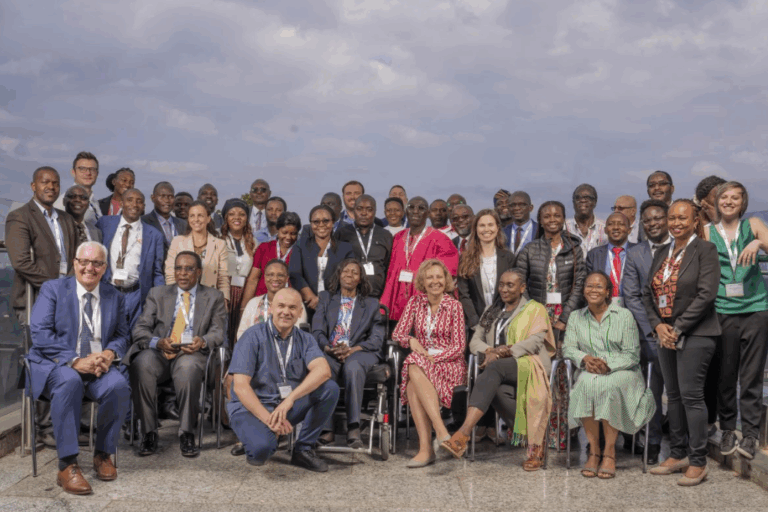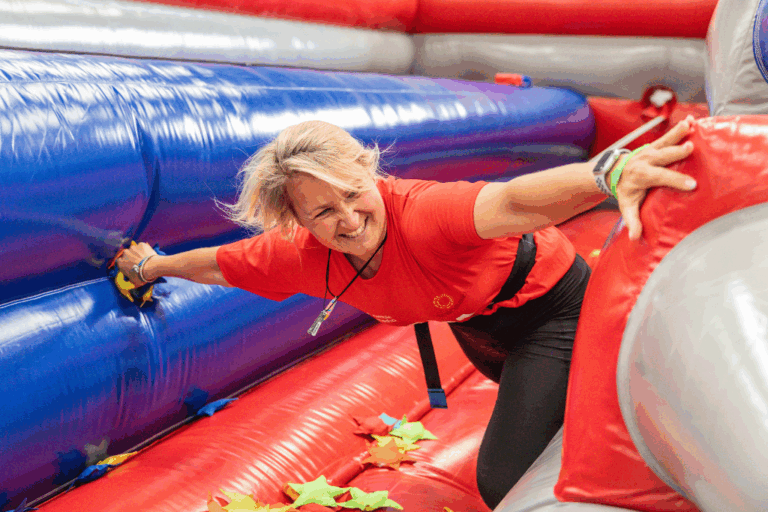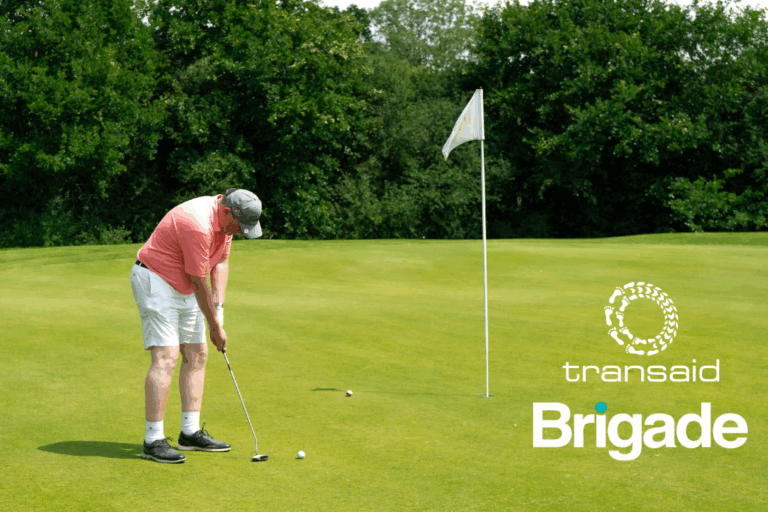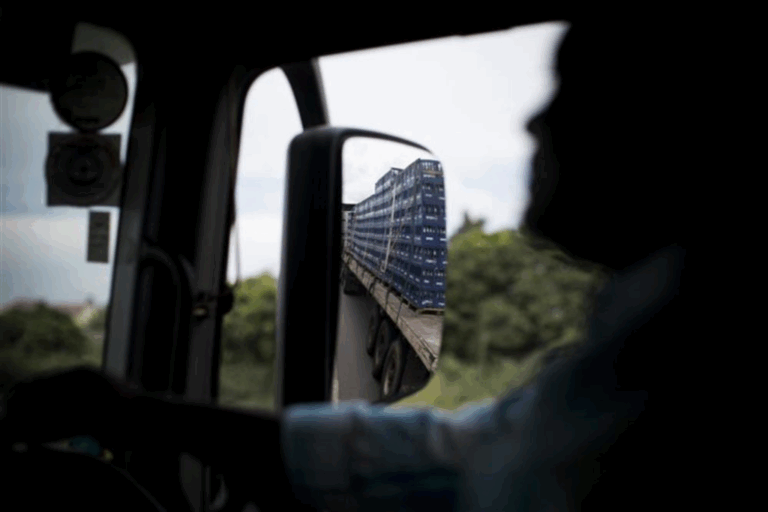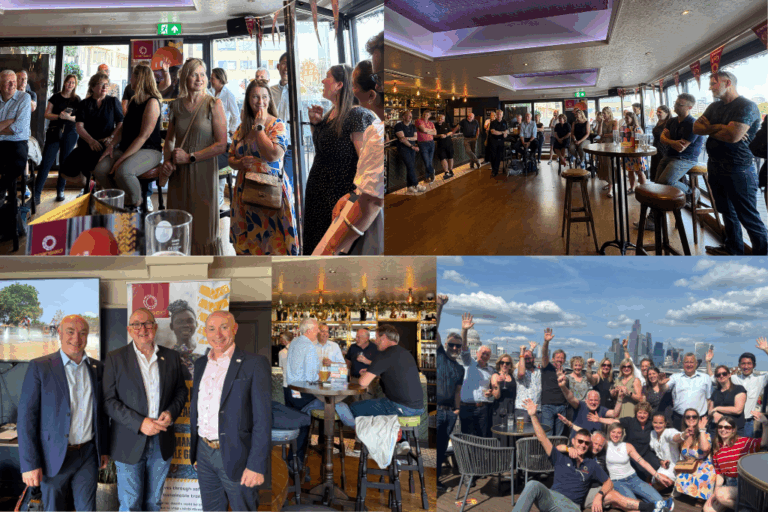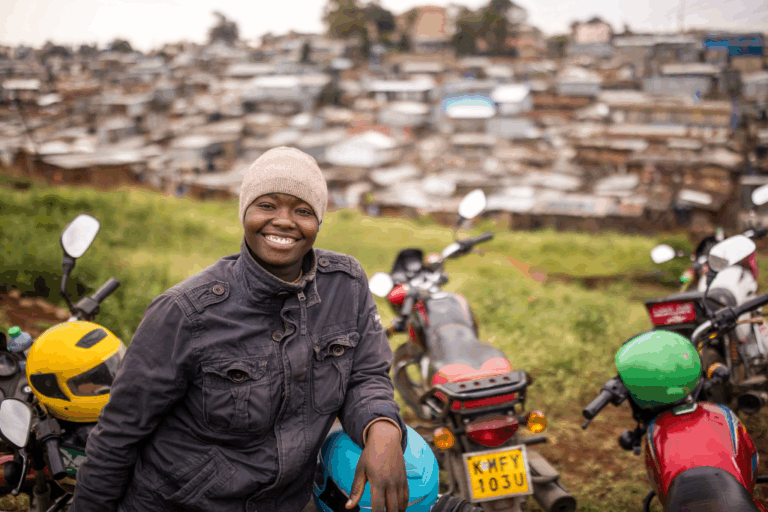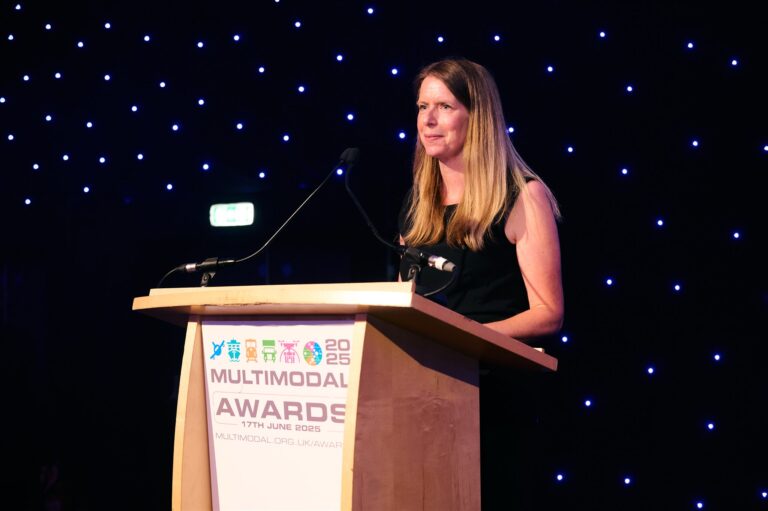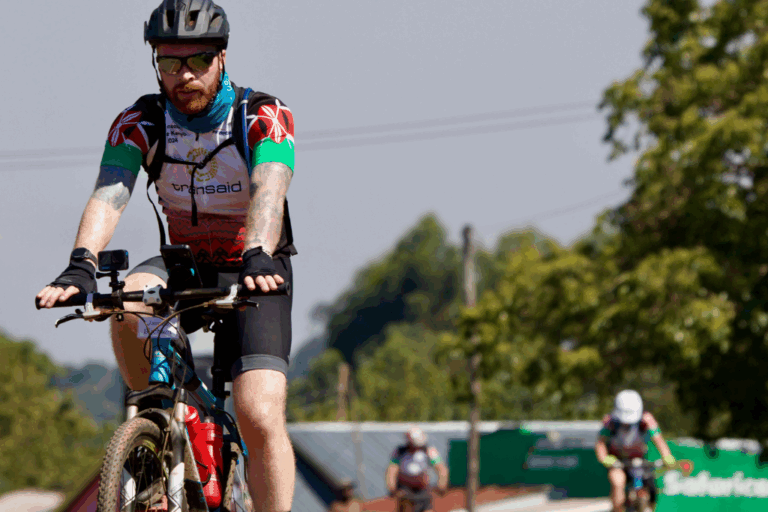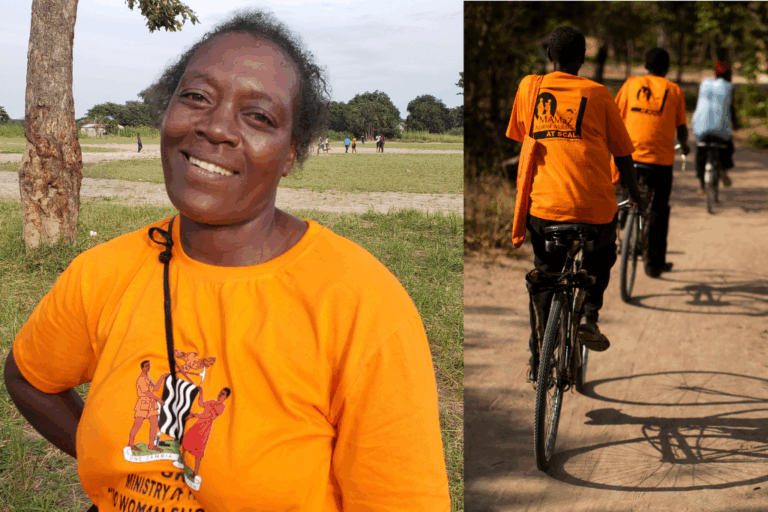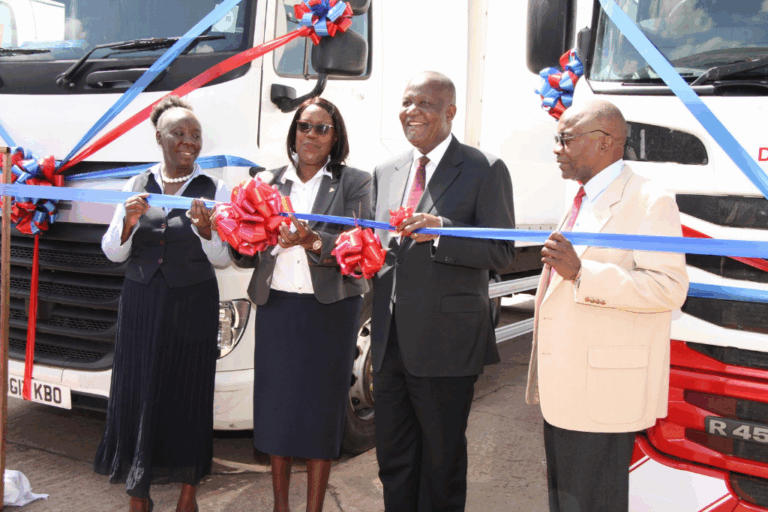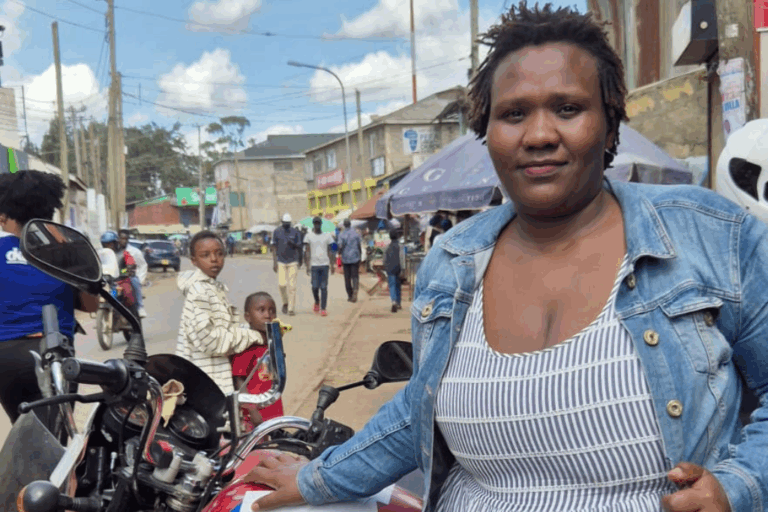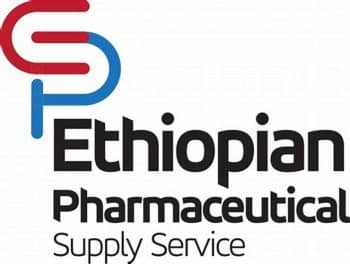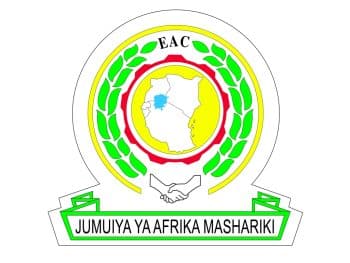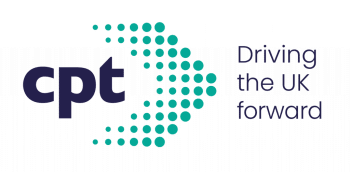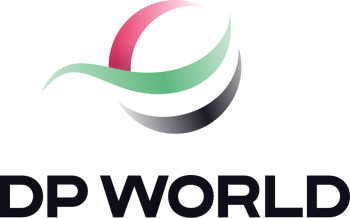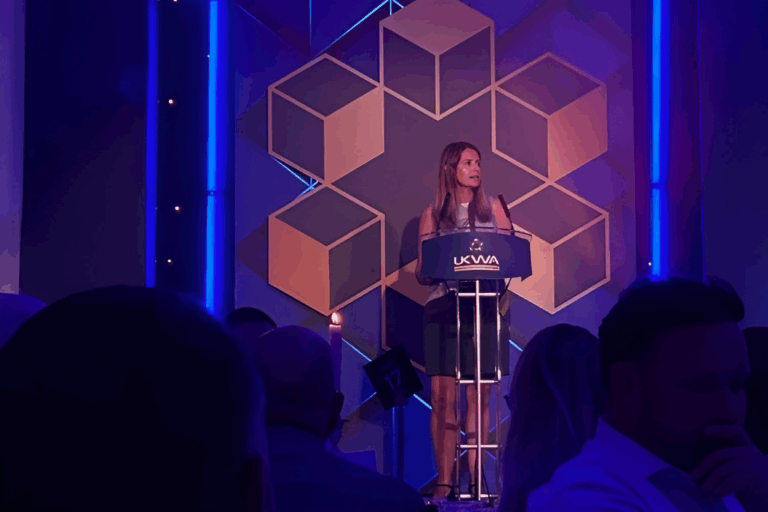
News
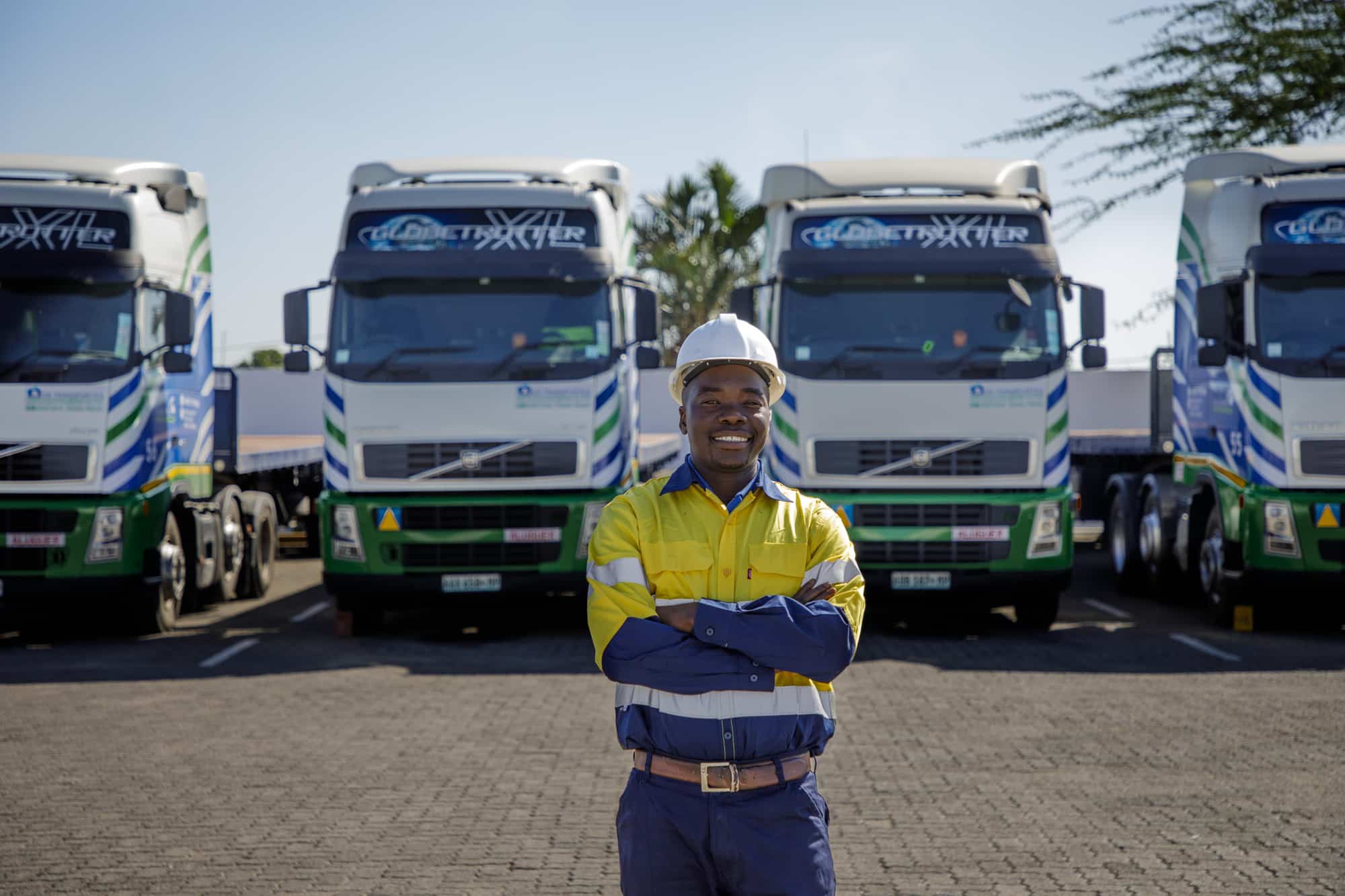
International Women’s Day 2025: For ALL Women and Girls
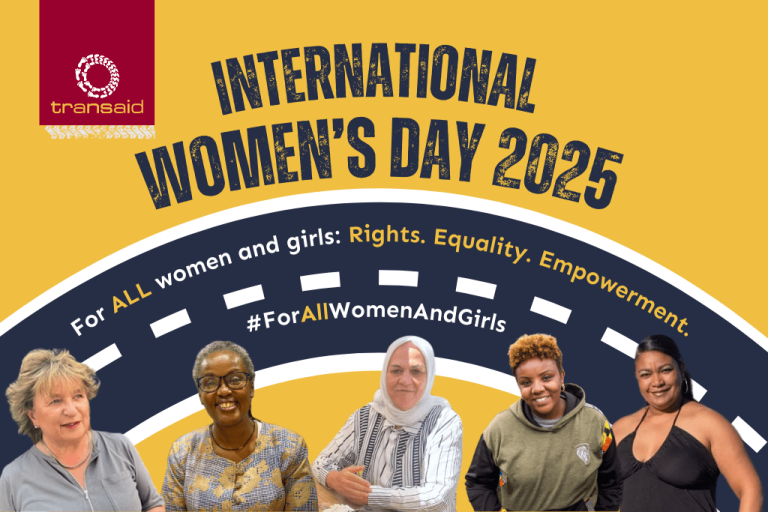
This International Women’s Day, we’re calling for equal rights and opportunities for women and girls across the world.
This year’s theme, ‘For ALL women and girls: Rights. Equality. Empowerment.’, aligns closely with Transaid’s commitment to transforming lives through safe, available, and sustainable transport. Everyone has the right to travel safely without the fear that they may not come home because of a lack of training, or dangerous vehicles and roads. Everyone has the right to access healthcare. Every person should have the opportunity to build the skills they need to transform their future.
Championing women and girls is vital to achieving many of the United Nations’ Sustainable Development Goals: to ensure health and well-being for all; to achieve full and dignified work for all women and men; and to provide access to safe, affordable, accessible and sustainable transport systems for all.
Transaid is committed to supporting women within and outside the transport and logistics industry, working to improve safety, well-being, and employment opportunities, to create a more sustainable and fairer future.
This International Women’s Day, we’re sharing five stories from women working in the transport and logistics industry in Kenya, South Africa, and the UK. From minibus taxi operators in Cape Town and motorcycle riders in Nairobi, to the first female Traffic Commissioner for Scotland, these stories celebrate women in the transport and logistics industry, reflect on the challenges they face, and call for action to achieve equal opportunities for women and girls.
Shabera Arend – member of the SANTACO Women’s Desk, Northern Region
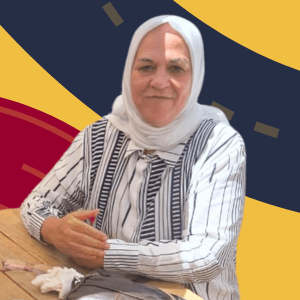
Shabera Arend was the first coloured woman to be elected chairperson of the South African National Taxi Council (SANTACO) Women’s Desk in the Northern Region. Shabera supported her late husband with his own minibus taxi business until he sadly passed away, after which she took on the business, and now owns her own fleet of minibus taxis in Cape Town, South Africa.
Shabera points out that the minibus taxi industry in South Africa is extremely male-dominated and marred by violence. Between 2017 and 2022, 1,653 deaths were linked to turf wars. Shabera says, “The violence puts fear into the public, and women read about it and think, ‘I don’t want to be in this industry’.”
Nevertheless, Shabera emphasises that women can help change this. “As women in this industry, we make change happen by showing that we are thriving. Through the media, we can show young women that yes, it is a male-dominated field, but we can show how strong we are and change it.”
To support women in the industry, Shabera would like to see the government stepping in with subsidies. In addition to government support, Shabera highlights the important role minibus taxi associations play in creating a support structure for women who are struggling: “Having women come together, or just offering a shoulder to cry on, would be a great help.”
Shabera works alongside Transaid to improve safety for women in South Africa’s minibus taxi industry. The project follows on from a three-country study carried out in 2022 with Durham University to investigate the challenges faced by young women and girls as users of public transport, and aims to sensitise drivers and passengers on gender-based violence and harassment.
“We can make a change, and show that women are in this industry, and that we are women who prosper, who inspire, and who progress in life.”
Read Shabera Arend’s story.
Yolandi Gordon – member of the SANTACO Women’s Desk, Northern Region
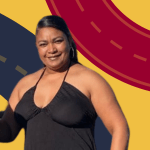
Yolandi Gordon has known the South African minibus taxi industry since she was six years old. Her father was a minibus taxi operator and supported his family with this income. When her father fell ill and passed, she took over the business.
Yolandi says: “I do understand why women are scared to enter this industry because it can be a cruel industry. We need to try and change the mentality of our people and how they see the industry. People see us as gangsters and crooks. We need to show or prove to other women that this isn’t the case.”
One way to change the perception of the industry is to improve safety for women using minibus taxis as public transport. SANTACO has pledged a zero-tolerance approach to gender-based violence (GBV), which is a step in the right direction for Yolandi. “You’re showing people that whatever happens, there’s support out here for you. People might not know where to go if they’re badly treated. They need to be made aware.
“We want SANTACO to support us as women in the industry, so that we can empower and assist other women.”
Even for passengers, Yolandi looks out for women’s safety. After a female passenger had left her keys in a minibus, Yolandi personally drove her to the garage to collect them.
“What does International Women’s Day mean to me? It’s to praise our women- we’ve been through and are still going through so much. We need to celebrate surviving- surviving through the economy, and through everything that’s expected of us. We’re not expected to just stay at home, raise the kids, clean, cook, whatever – we are part of the economy.”
Read Yolandi Gordon’s story.
Grace Nyambura Wahome – Transport Consultant and member of the National Helmet Wearing Coalition in Kenya
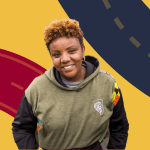
Grace Nyambura Wahome is a transport consultant born and raised in Nairobi, Kenya. With a background in communications and public relations, Grace fell in love with research: “I love communities. I love working with people. I’m passionate about supporting people and seeing them thrive.”
Grace works alongside Transaid on the National Helmet Wearing Coalition in Kenya, which was formed in 2021 to improve safety for the country’s 2.3 million motorcycle taxi riders and their passengers.
With the growth of the motorcycle taxi industry in Kenya, more women are joining the sector as riders. Grace explains that these women can face many challenges, such as disapproving husbands and concerns around safety: “To have female riders now step up and say, ‘I want to ride’, has not been easy because they often face criticism from family members.
“Kenyan roads can be very aggressive. People are not polite, for any motorist. Other drivers will push you around just because you’re female. Sometimes you might carry passengers who are targeting you as a female.”
Nevertheless, Grace hopes that the work of the Coalition will influence policy and regulations to make female riders more comfortable and able to thrive in the industry: “Through sensitisation, education, and awareness, family members can now embrace women joining the sector.”
Read Grace Nyambura Wahome’s story.
Wamuyu Kariuki – founder of Malkia Moto Club and member of the National Helmet Wearing Coalition in Kenya
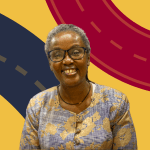 Wamuyu Kariuki has been a motorcycle rider since 2015 and has travelled through more than 20 countries in Africa and Latin America on her motorcycle. She delivers road safety education to motorcycle taxi (boda boda) riders and is passionate about supporting women in the industry. Wamuyu founded Malkia Moto Club, the first club for female boda boda riders.
Wamuyu Kariuki has been a motorcycle rider since 2015 and has travelled through more than 20 countries in Africa and Latin America on her motorcycle. She delivers road safety education to motorcycle taxi (boda boda) riders and is passionate about supporting women in the industry. Wamuyu founded Malkia Moto Club, the first club for female boda boda riders.
“When I started riding, there were very few women. It was always very exciting for other people to see a lady on a motorcycle,” Wamuyu explains, “but with time, the numbers have really grown. Today, women riders number about 300, and we have several clubs that address different needs.”
Wamuyu brings commercial (boda boda) and private riders together, especially for national events like International Female Riders Day, which is held in May. She also invites everyone to events like tree planting, which aim to offset the carbon emissions emitted by motorcycles.
“The unity – bringing women together, supporting each other, has actually made these ladies feel comfortable in the industry.”
Wamuyu encourages women to enter the growing motorcycle sector: “The world has advanced. Things have changed. We can all work anywhere. There are so many opportunities in the motorcycle industry to choose from as a woman. If riding is not your thing, sell the riding gear. If riding gear is not your thing, be a mechanic. If being a mechanic is not your thing, be a dealer. If that’s not your thing, be an educator, an instructor, a trainer.”
Read Wamuyu Kariuki’s story.
Joan Aitken- Transaid Board Chair and former Traffic Commissioner for Scotland
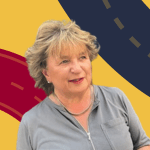 “In 2003, I was appointed as the first ever female Traffic Commissioner for Scotland and only the second for Great Britain. This meant that women were heading the regulation of the bus, coach and road haulage industries in Scotland and part of England. The industries were predominantly male owned and operated.”
“In 2003, I was appointed as the first ever female Traffic Commissioner for Scotland and only the second for Great Britain. This meant that women were heading the regulation of the bus, coach and road haulage industries in Scotland and part of England. The industries were predominantly male owned and operated.”
In her role as Traffic Commissioner for Scotland, Joan said that she was committed to highlighting gender inequality, such as the absence of toilet and parking facilities, shifts that did not recognise menstruation, vulnerabilities when buses did not show, pornographic images in workplaces, and so on.
Whilst more and more women are entering the transport and logistics industry, Joan points out that there “remains a distance to travel, especially in driver recruitment. Toilet and hygiene facilities, personal safety, quality training, respect, modern shift patterns – absence of such are the very obvious barriers to why women are not going into such jobs. More and more of us are being heard when we make these points – points that apply worldwide!”
For Joan, fundraising for Transaid’s programmes alongside other women is something to be proud of: “When my leisure hobby of cycling became known, I was chivvied into signing up for Transaid’s 2017 South Africa Challenge – 300 miles to Cape Agulhas where the oceans meet. For me, that was an intense challenge; I was so nervous and so out of my comfort zone- I was 64 years old and not a sportswoman. That Transaid cycle challenge changed my life.
Not only did I raise money for Transaid but I gained new friends and contacts, and the recognition that I had skills and insight to help Transaid further. I am also very proud that the biennial Scottish Transaid Dinners came out of discussions between prominent Scottish Transaid supporters, and that baton is now carried by Lynsey Craik, one of the next generation of women in road haulage in Scotland.”
Read Joan’s full thought piece.
Recent Posts

